Second International Conference of African Cultures ready to roar
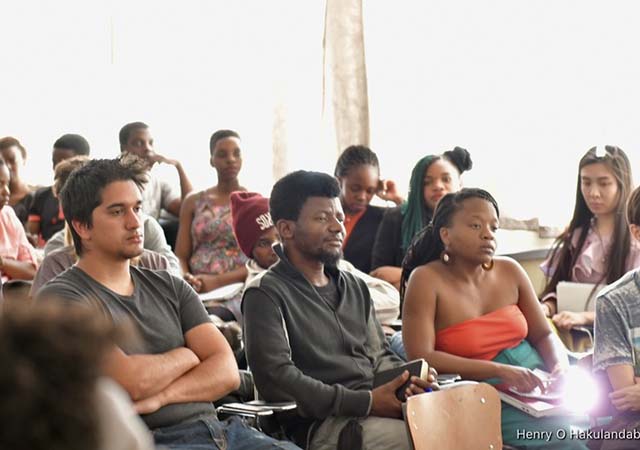
At the gallery
The National Gallery of Zimbabwe is pleased to announce that Online Registration to the second International Conference of African Cultures (ICAC) is now open.
Interested parties should hurry and register while places to this prestigious occasion in the discourse of art, design, architecture and culture from Africa are still available.
The conference is set to take place on the 11th to the 13th of September 2017 under the theme Mapping the Future.
The second International Conference of African Cultures comes at a time when the National Gallery of Zimbabwe is celebrating its 60th Anniversary and aims to bring together over 200 local and international delegates in the art, culture and heritage sectors to deliberate important issues surrounding the future and history of art and culture from Africa.
Like the first ICAC in 1962 this event will be important not only for the region, but for the whole continent.
Its impact will hopefully map out the ways in which institutions, governments, academics and practitioners are more effectively involved within art and culture from Africa.
“I am very excited that the International Conference of African Cultures will have such a great line up of speakers.
“The speakers will include academics based in institutions on the continent, curators who have helped to fill art history gaps both in Africa and from abroad, writers, artists, architects and cultural practitioners.
“Through this we hope to amplify the African story and map out a greater future for art and culture from the continent,” said the Curator for Education and Public Programming at the National Gallery of Zimbabwe Miss Tandazani Dhlakama.
The first International Congress of African Cultures consisted of many lectures. More than 28, 500 people attended the Congress and accompanying festivals, including delegates, experts and artists from all over the world.
This platform was led by experts with a heavy bias towards dissecting the elements that made up particularly classical, traditional artefacts, the ethnographic context with some emphasis on the emerging modern art of Africa and the influence of African art on European Contemporary art.
However, the 2nd International Conference of African Cultures will be highly interactive with each day focusing on a different theme and having paper presentations, plenary sessions, workshops, artist walkabouts, panel discussions and conversations of particular topics in relation to the major theme of the day.
The first day of the conference will place major focus on theme Art from Africa. Research has shown that for many decades art and cultures from Africa have mainly been defined by people who are not African.
This theme places artist, curators, architects and academics amongst others at the centre of the discourse of art and cultures from Africa.
It is in this regard that the keynote on this day will be looking at Art and Art History from Africa and on mapping the future of Art from Africa. Plenary sessions will give the opportunity to participants to examine the history of Art from Africa, new narratives around art from Africa and talking points of engagement, taste, and autonomy of Art and Culture. Anticipated speakers on this day include Negarra Kudumu and Percy Zvomuya with paper presentations focusing on situating African and African Diaspora artists in an African art historical tradition.
Day two will also bring an enthralling theme for discussion.
The main theme of the day will be Space and infrastructure for Art and Culture in Africa.
As more artists mushroom from the continent of Africa there is need to have facilities that are geared up towards providing spaces for the artists and for preserving the heritage and culture that is already profuse within the continent. Anticipated speakers on day two of the Conference include N`gone Fall, Francis Grant Kwesi, Molefi Asante and Paul Goodwin.
There will be panel discussions and plenary sessions around cultural institutions as knowledge hubs, audiences and relevance, the impact of public, private and alternative spaces, challenges and highlights of African spaces and the future of African spaces, design, architecture and urban identities.
At the end of the day, participants will get an opportunity to have various tours of nearby museums and galleries.
Day three of the Conference will have its main focus on Heritage Conservation. Heritage includes tangible and intangible heritage which comprises of artistic creations, built heritage such as buildings and monuments, and other physical or tangible products of human creativity that are invested with cultural significance in a society.
Panel discussion will articulate topics including threats facing heritage conservation, repatriation, culture and identity. Conservation tomorrow: protecting non-traditional art, new media and intangible heritage.
Projected speakers on this day include Thembinkosi Goniwe, Ruth Simbao, Dr Mahachi, Phathisa Nyathi, Lupwishi Muyambi, Anscillia Nhamo and Pascall Taruvinga just to mention a few.
The fourth day of the conference`s main focus is on tangible and intangible heritage.
It will feature an optional trip to one of the greatest symbols of African Civilization in Zimbabwe, the Great Zimbabwe Monuments.
Heritage is an important component of societal organisation as it can promote secure sustainable development.
It also gives people a connection to certain social values, beliefs, religions and traditional customs.
Heritage conservation has proven to be a thriving place for entrepreneurship and innovation.
Also, since the work is labour-intensive, it ends up creating more jobs, thus creating employment. At the Great Zimbabwe, discussion around intangible and tangible heritage will be held.
For more information about the registration process, programme and speakers, interested parties can visit the International Conference of African Cultures website on: nationalgallery.co.zw

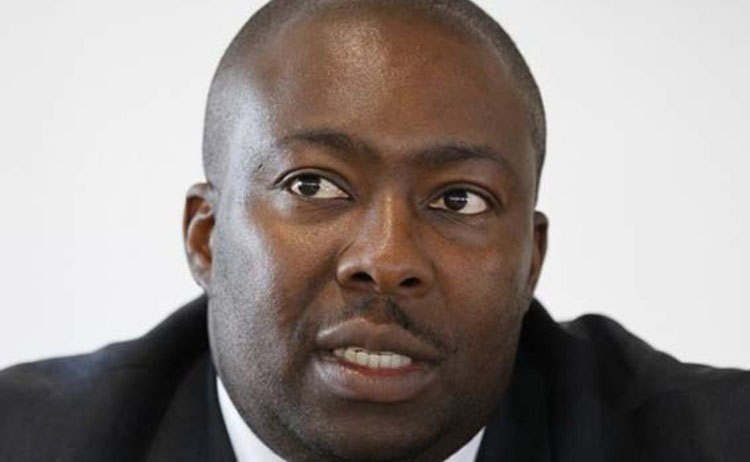
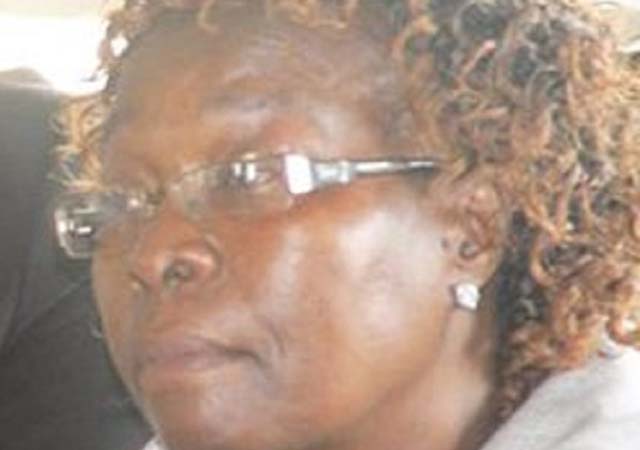
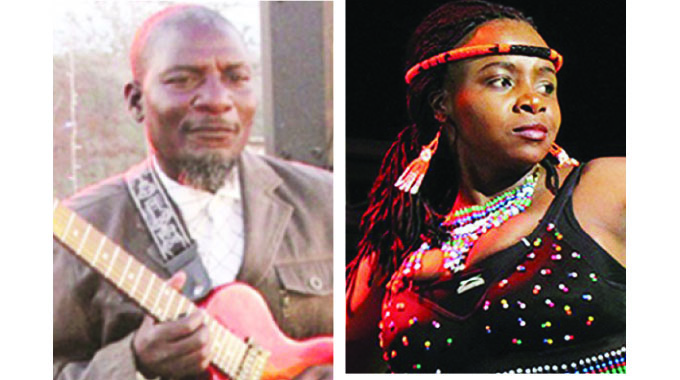
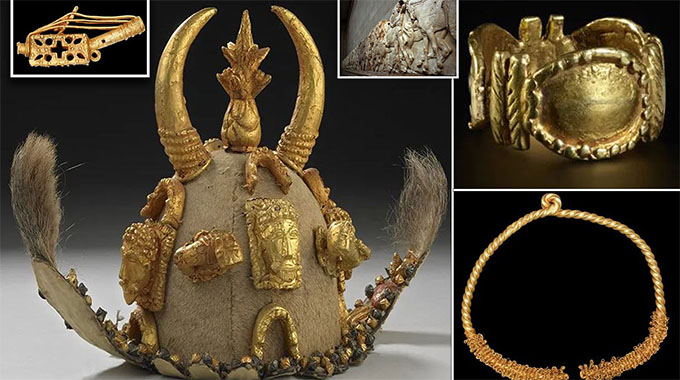
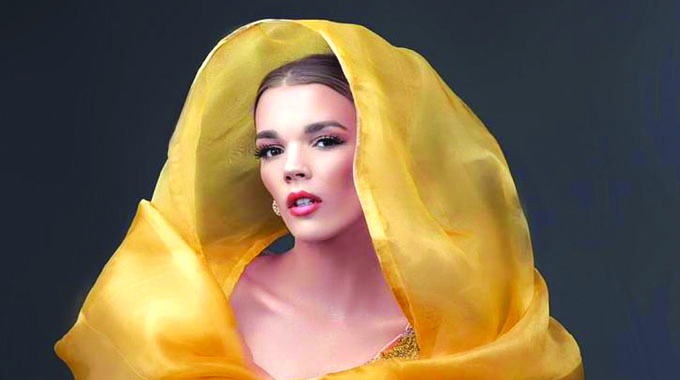

Comments